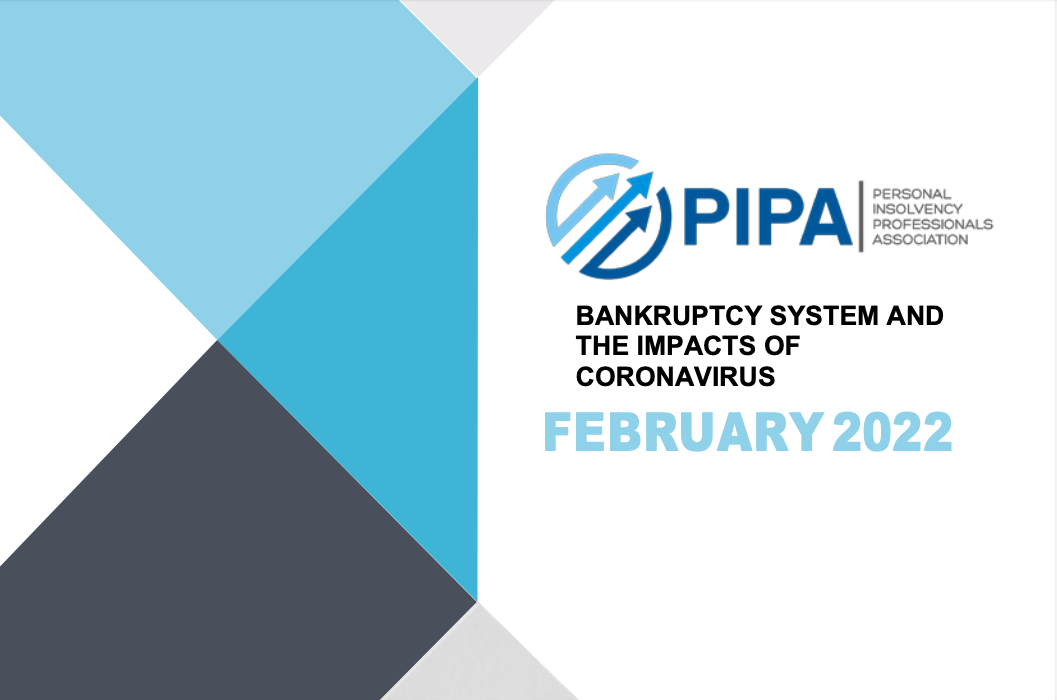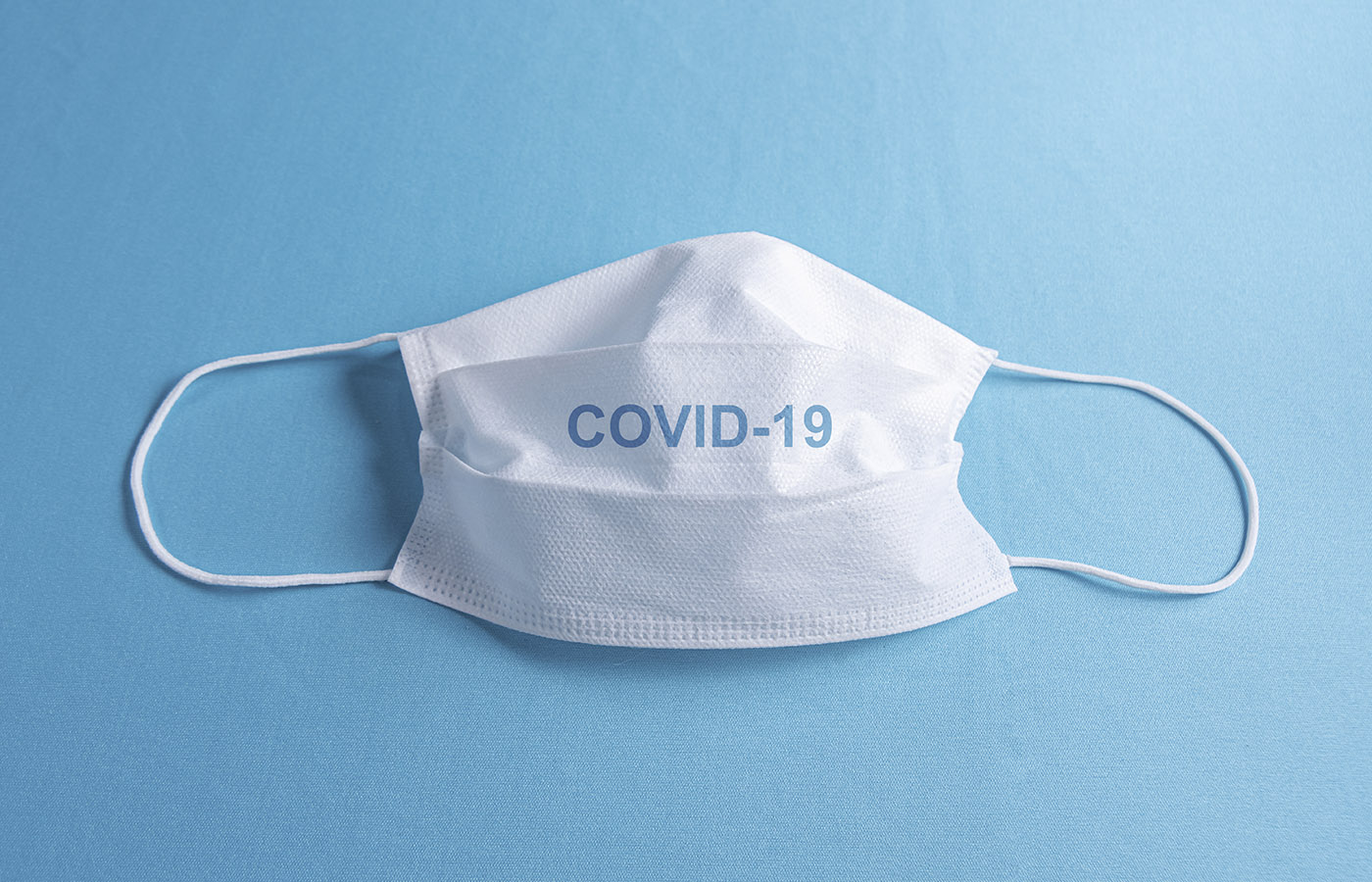Personal financial hardship can be hard enough without the experience of actually having to go through a bankruptcy.
Not only does this have a permanent effect on someone’s ability to move through life for the foreseeable future, but typically a bankrupt’s entire circumstances will change leaving them with a new life to rebuild after the fact.
But it doesn’t have to be all negative. While bankruptcy is a huge life event to go through and something that should not be entered into lightly, for many it is a chance for a fresh start.
What you can and can’t do as a bankrupt
The consequences of bankruptcy are very serious and can last a lifetime. Therefore it is very important to speak to a qualified financial counselor or one of PIPA’s qualified financial trustees to understand how your circumstances will change after entering into bankruptcy.
Bankrupts are prohibited in the following ways:
Bankruptcy goes on permanent record and can affect how lenders view you. This means your landlord, bank branch, utility provider and phone company could potentially see your history as a bankrupt and refuse to lend you money.
You will be restricted from travelling without written prior consent.
Any income you generate after bankruptcy will be limited to a certain threshold and if you go over that you might be asked to start paying some of your previous debts back.
A detailed list of the impacts of bankruptcy can be found here.
How can you rebuild after bankruptcy?
Despite the negative outcomes of bankruptcy it is possible to rebuild your life after personal insolvency.
Recommended ways to rebuild are:
- Comply with your trustee during the bankruptcy process and if you are required to make compulsory repayments, do so on time.
- Educate yourself about personal finance. Learning about budgeting and how to plan for the future. A number of resources are online at MoneySmart.org.
- Grow your savings by putting away a percentage of your income toward an emergency fund or investment
- Avoid borrowing money until your bankruptcy term has ended and you have paid of all of your debts
- Rebuild your credit score. Check your credit file at least once a year with a free report from any one of these agencies and look out for any errors or discrepancies
Book a consultation with one of PIPA’s qualified personal insolvency practitioners to learn more about rebuilding your financial situation after insolvency.


